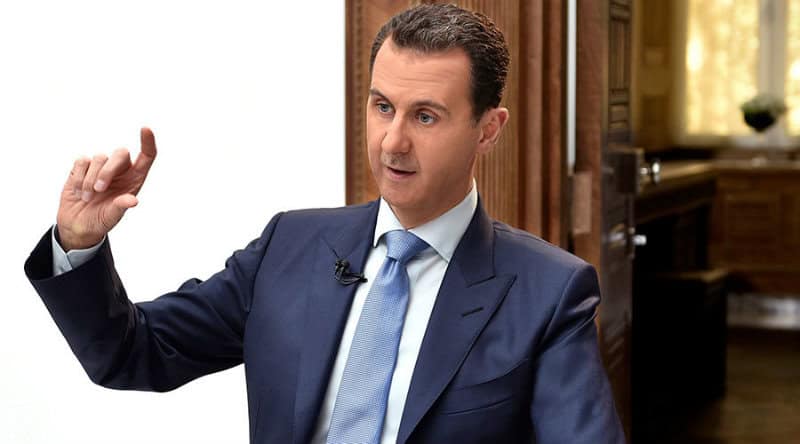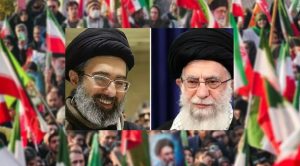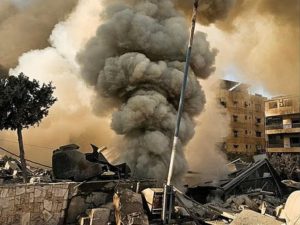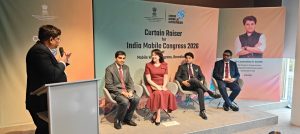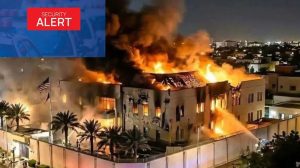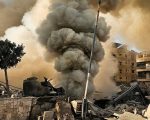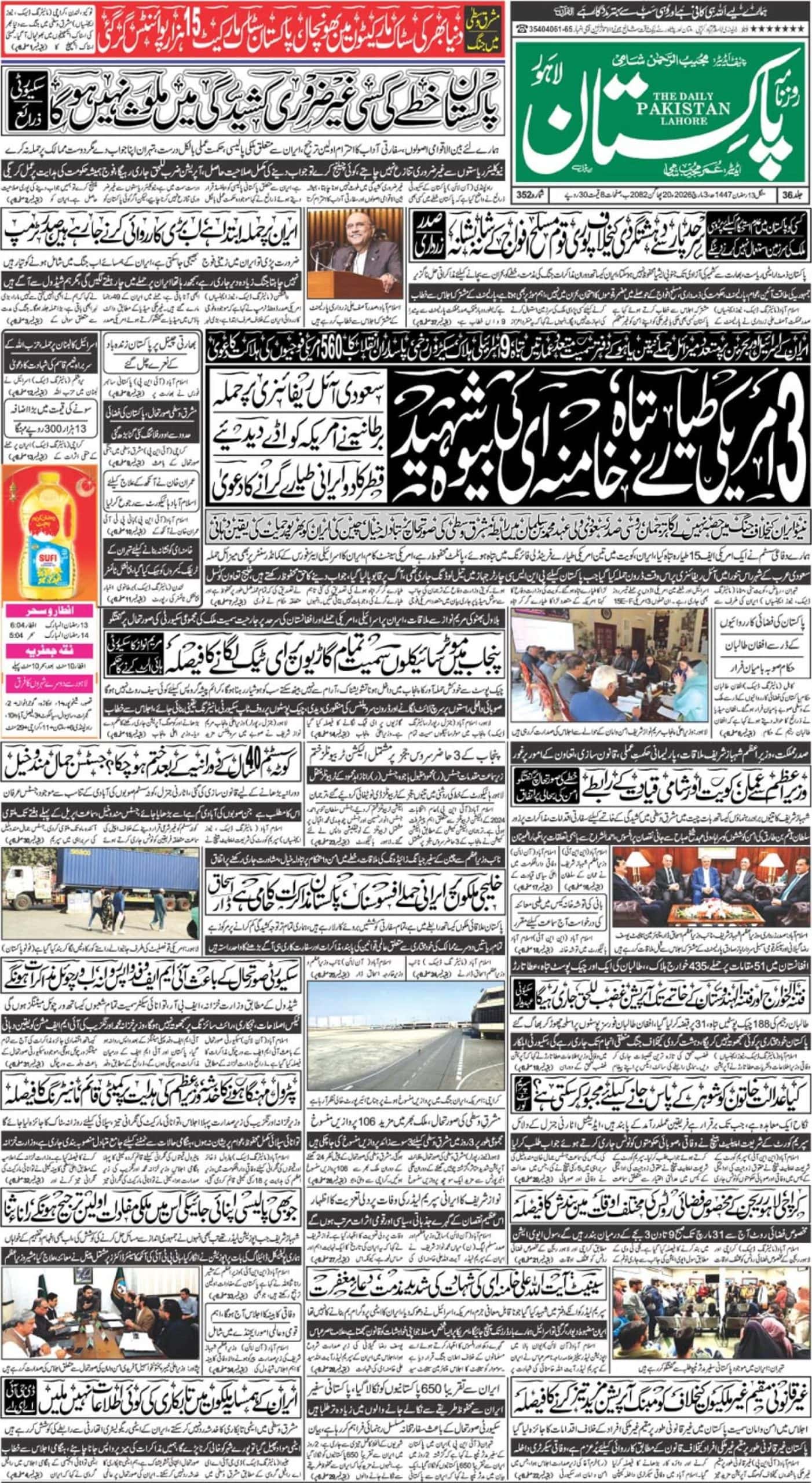DAMASCUS – Syrian president Bashar al Assad has dismissed international community’s allegations that his forces deliberately used Sarin and chlorine gas in attack on rebel-held village which killed more than 80 people.
Allegations that Syrian forces had deliberately poisoned civilians were ”100 per cent fabrication”, the president said on Thursday, adding that the Syrian government gave up its chemical weapons stocks as part of a 2013 agreement.
“There was no order to make any attack… We gave up our arsenal a few years ago. Even if we have them, we wouldn’t use them,” Assad said in his first interview since the bombing of Khan Sheikhoun.
Speaking to AFP news agency, the president added that the peace talks on resolving his country’s war were ineffective because Washington was “not serious” about ending the conflict.
“The United States is not serious in achieving any political solution. They want to use it as an umbrella for the terrorists,” he said from his office in Damascus.
The international community has condemned the deaths in Idlib province, which most Western intelligence services believe occurred thanks to a deliberate attack carried out by the Syrian government.
Damascus and allies in Moscow have denied the regime attacked the village with chemical weapons, maintaining that the casualties were caused by gases released after an al-Qaeda-affiliated ammunitions depot was hit by conventional munitions in a legitimate government air raid.
Neither country has provided any on-the-ground evidence to back up their claims.
The toxic gas attack on April 4, which killed scores of children, prompted the United States to launch missile strikes on a Syrian air base and widened a rift between the United States and Russia, a close Syrian ally.

Assad’s interview came as a team of experts from the global chemical weapons watchdog has been sent to Turkey to collect samples as part of an investigation into the attack.
The fact finding mission was sent from the Organisation for the Prohibition of Chemical Weapons (OPCW) in The Hague to gather bio-metric samples and interview survivors, according to British news agency Reuters.
The OPCW mission will determine whether chemical weapons were used, but it is not mandated to assign blame. Its findings, expected in 3-4 weeks, will be passed to a joint United Nations-OPCW investigation tasked with identifying individuals or institutions responsible for using chemical weapons.

